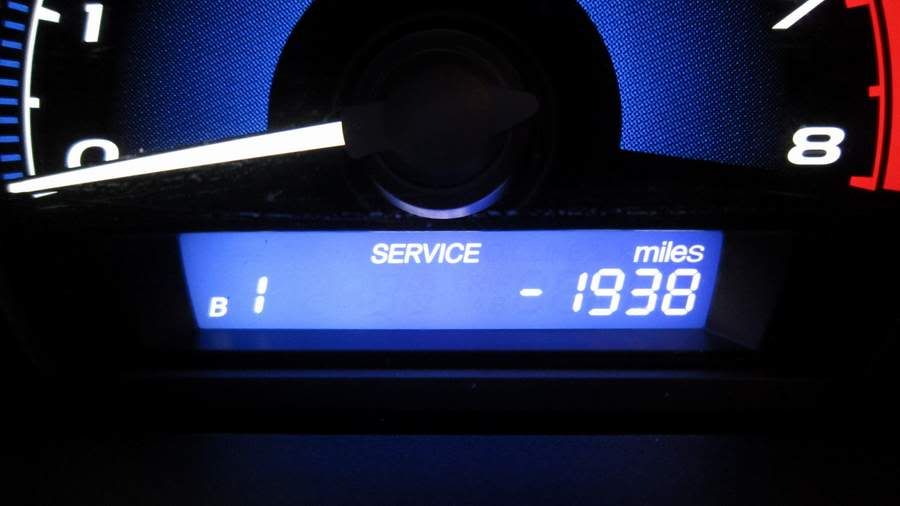Hi.
I'm actually a Honda engineer. I work in motorsports and performance development.
I will refrain from saying anything that may affect the company, because I do not speak for them.
However, the oil life meter like anything, simply helps to remind people. Realize that 95% of the people that drive do not go on to this web site, or peruse forums asking about oils and oil change intervals. Most do not even do their own oil changes. Even more, there are some dealerships giving free oil changes for whomever purchases a Honda. And so, it's plausible to believe that most people do not realize when they need to change their oil.
Honda is based on efficiency. We advertise that. The less resources are consumed, the easier it is on the environment, on the wallet, and on the government that regulates the company. We design our cars to fit that image too. There are engineers like me who spend thousands of hours designing an engine. It's safe to say we know what's going on. The engine is a system designed around supplementing oil life.
Honda has not had sludge problems like several other automakers have been plagued with. Although bad habits are inevitably part of the equation as well, people that drive Hondas can be expected to share the same bad habits as well (such as extending an oil change in severe service)
The oil life meter is simply a reminder for those that do not change their oil, are not familiar with it, etc etc. And it's designed around the driving habits of most people. Believe me, although I do not work on the consumer products that are sold to you, the engineers have done their homework too. Plenty of city driving, stop and go, extensive idling, short trips, etc (conditions deemed severe service) are taken into account when designing this system. After all, we've been putting them into our vehicles for several years now and the engines have always been functioning great.
However, like I said, it's for most people. Of course, there will always be those outliers...like a bell curve. It's safe to say that some outliers know when to change their oil because they have the experience, interest, and know how...to do. So, we will leave that up to you to do what you think is best...whether it be 500 miles, 1500, 2000, etc etc oil change intervals. It's up to you.
One system can't be for everyone. But it's designed for the mass market - for most people.
As far as oil change intervals are concerned, Rizzo is right. Just because we are used to 3000 miles oil change, 5000, 7500, 10000, etc...what makes that "number" sound good? Or is it because that a lot of people have been voicing those numbers which is why we believe those numbers are numbers to follow? I don't know. But, the most important thing is driving conditions. Oils are so well designed now, and engines are so well designed now, that these "old" numbers can be replaced by the "new" ones.
But you should do what feels best for you, regardless of the oil life meter. You spent lots of money on a car...what's an extra 12 bucks or so going to hurt? After all, fresh oil is always good. But from a manufacturer's standpoint, take a step back and look.
We're not stupid haha. Honda has a reputation for building quality vehicles, although we are not perfect. Everyone's got their problems. Why would we risk that reputation on something like an oil life meter, without doing our homework right?
Sorry for the essay, but that's what I have to say.
I drive a Toyota 4x4 Tacoma V6, Acura NSX, and Kawasaki ZX-10R. Obviously the only Honda car I own is an NSX. Not because I don't like our cars, it's just that truck is my daily driver, the NSX has always been one of my favorites since a kid, and well the Ninja is a wild thing that feels like it's going to explode at any speed UNDER 75 mph. hahaha
have fun





